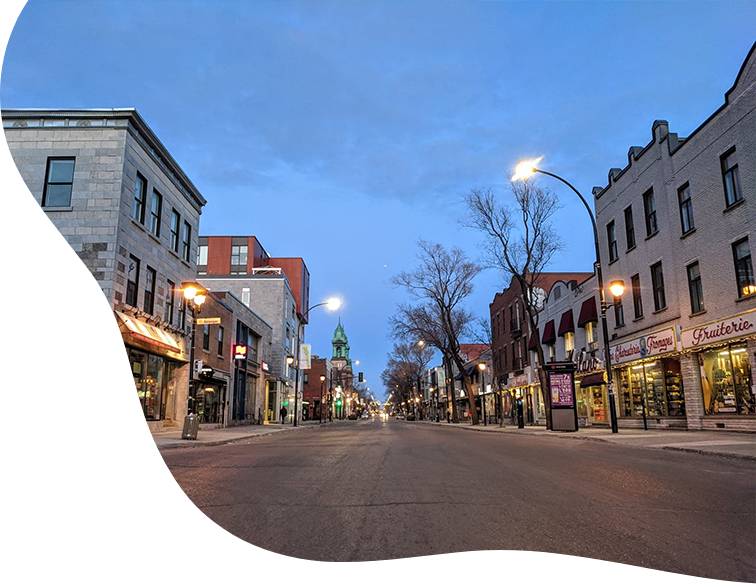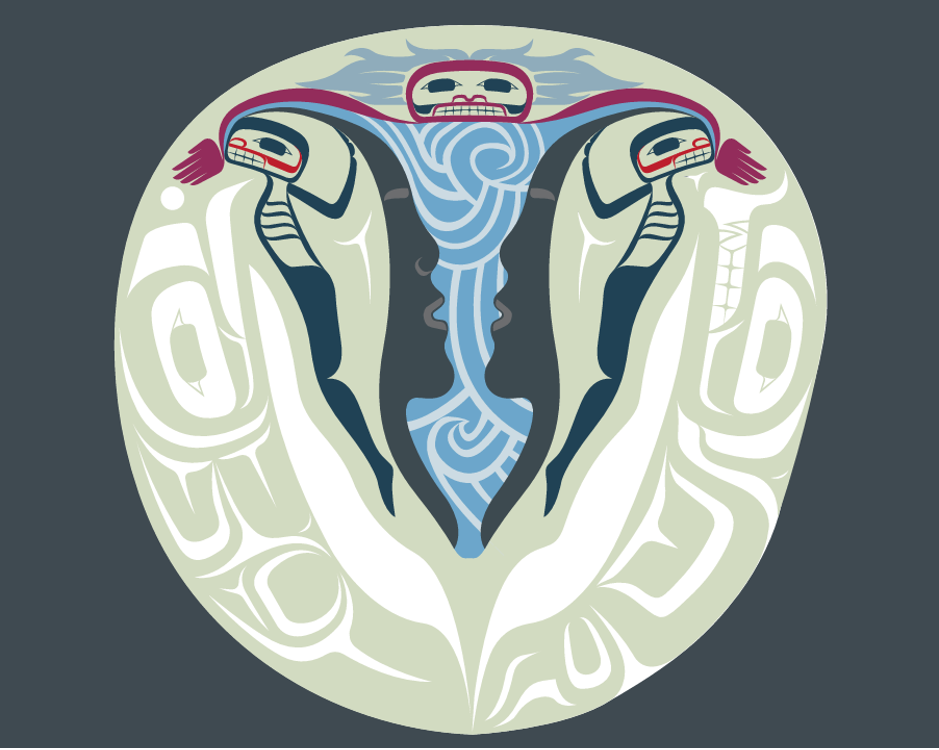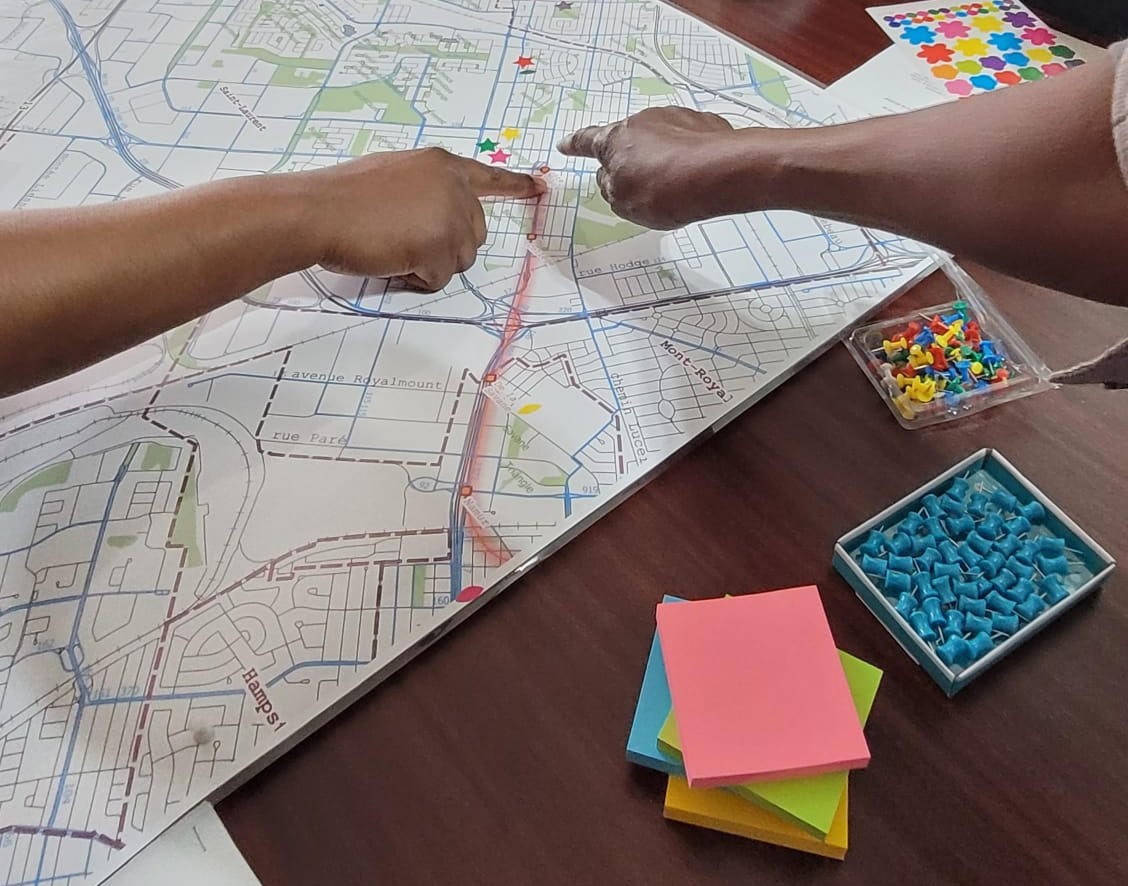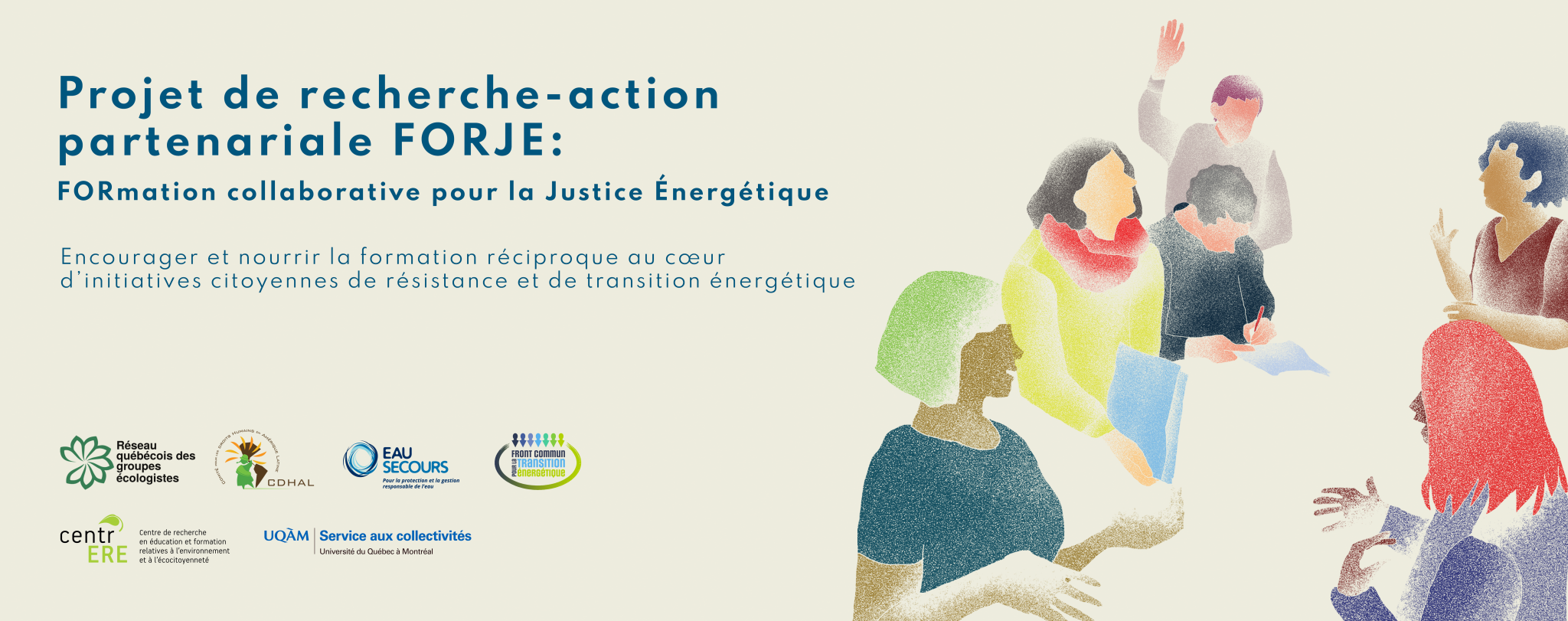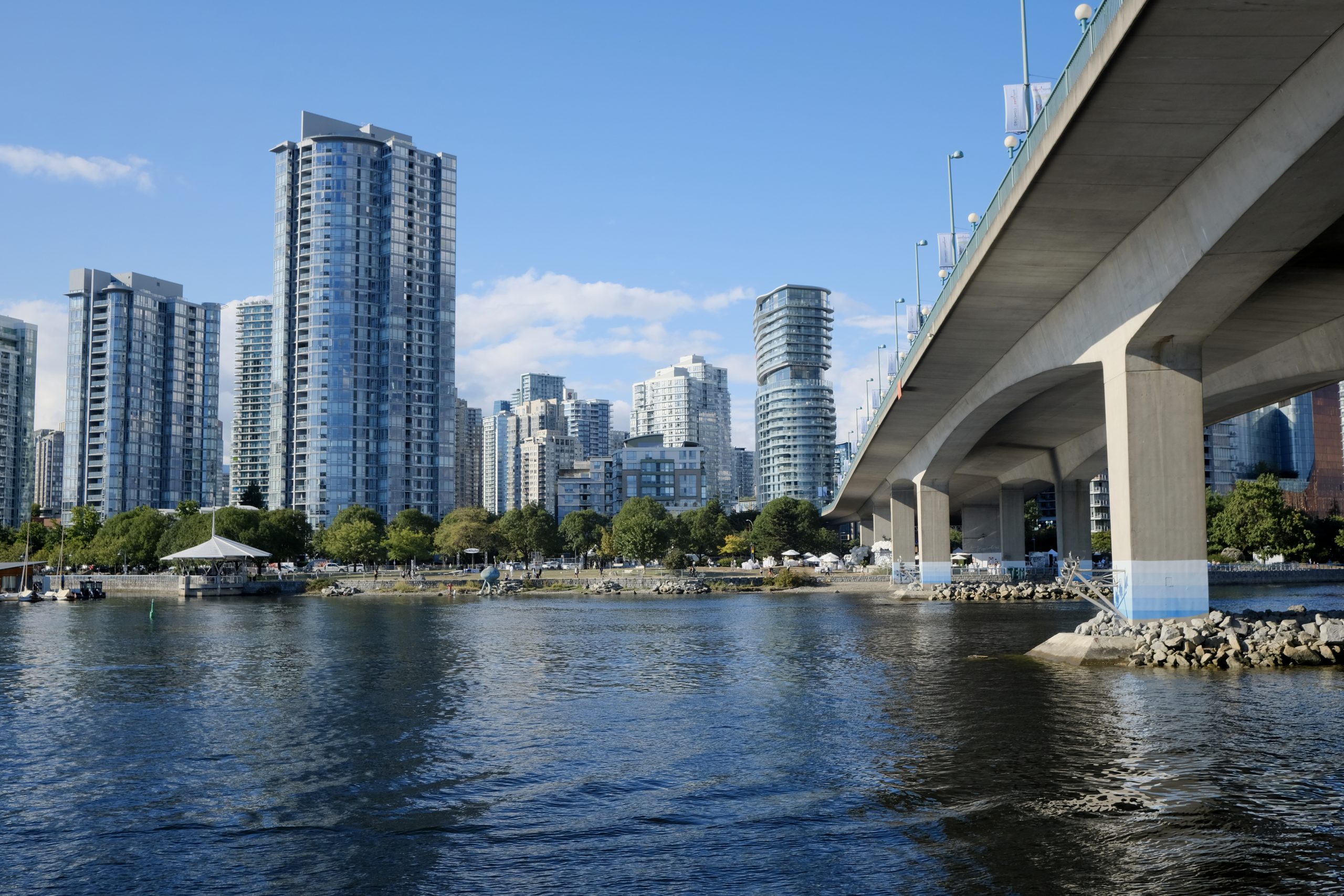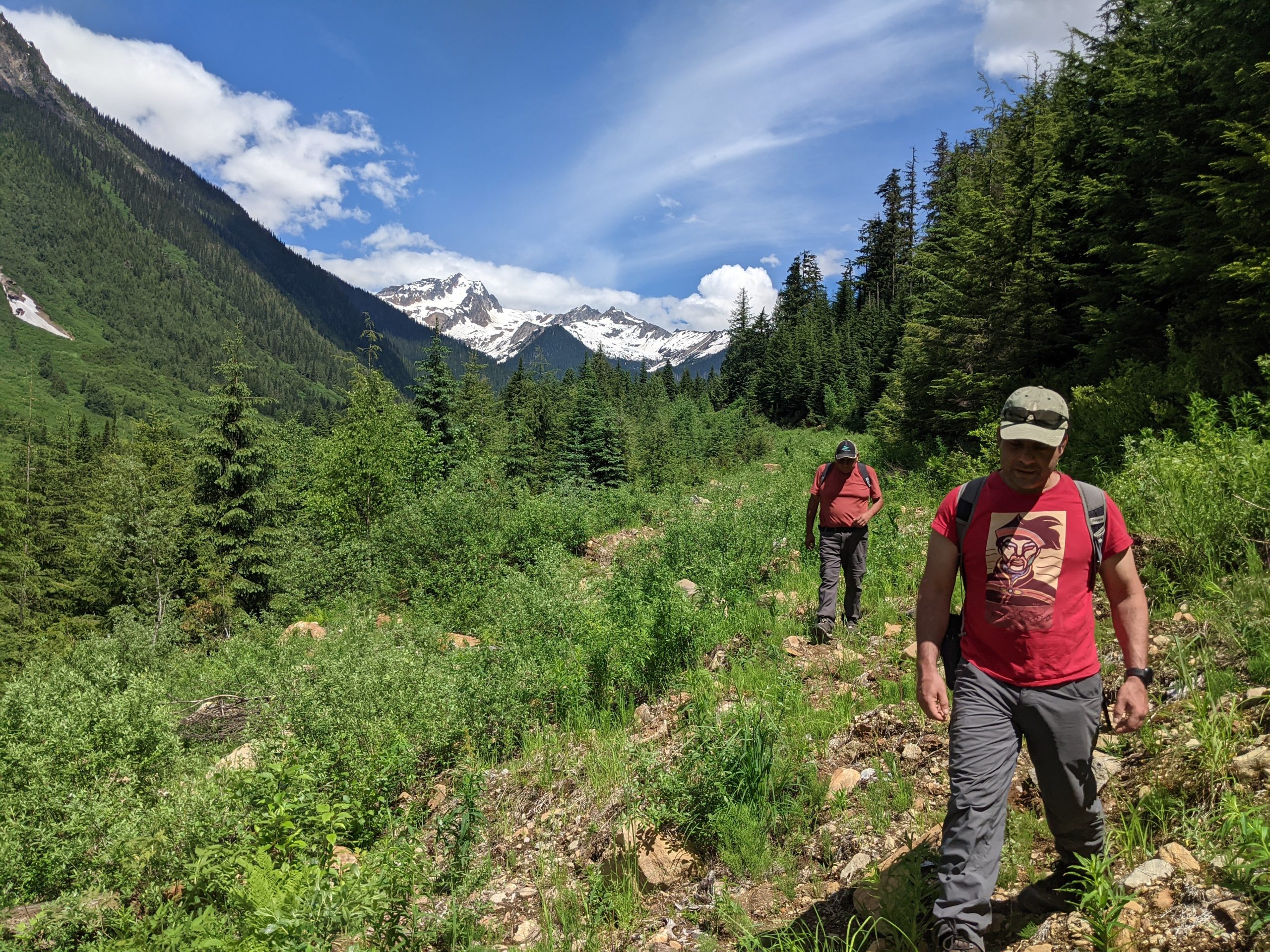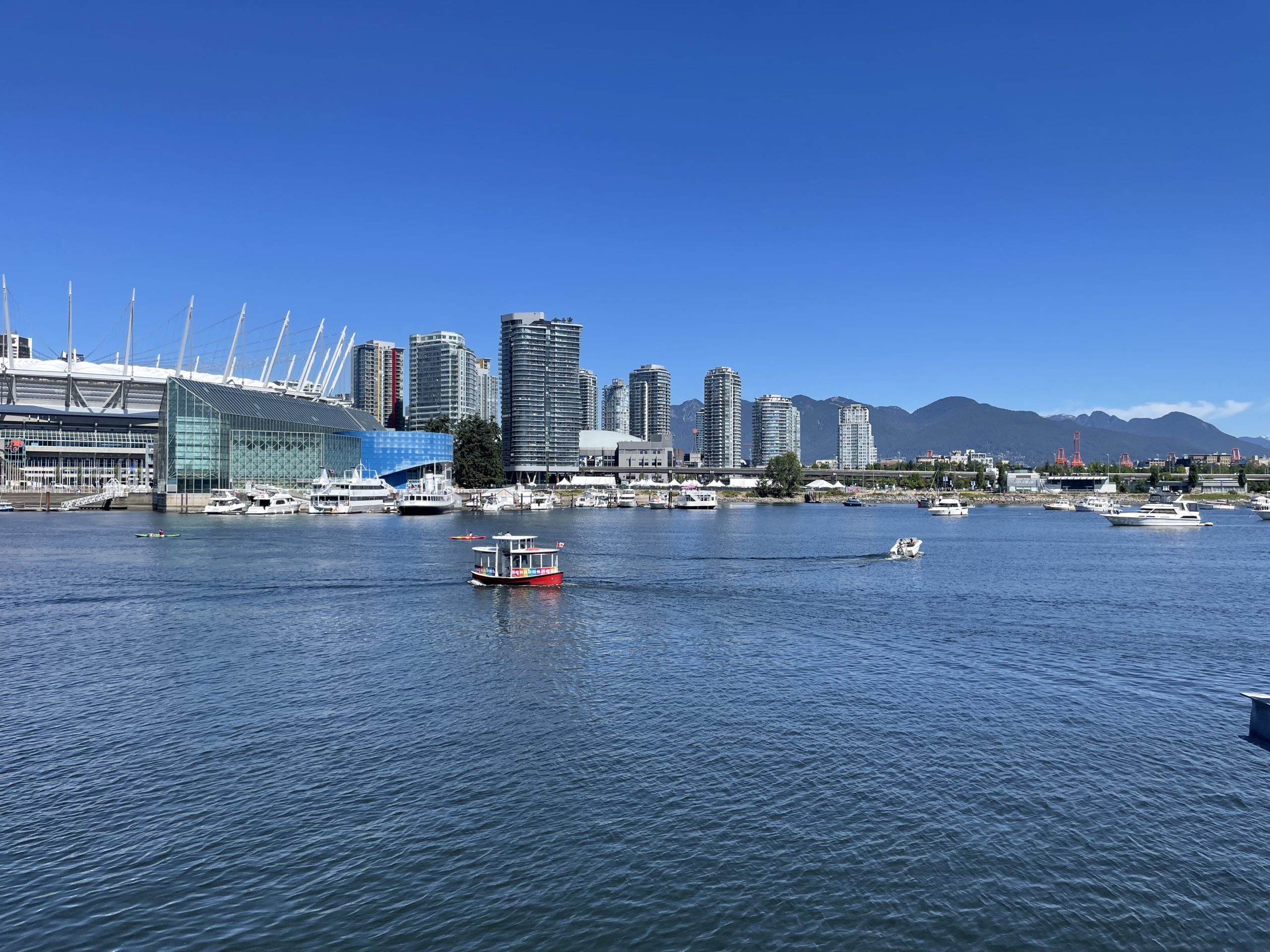Cities, Climat and Inequalities - Presence & power: The illusion of Indigenous inclusion in climate adaptation plans in Canada
Par Janna Wale
Over the past several years, there has been an increasing recognition of the importance of including Indigenous knowledge in both responding and adapting to climate change. Canada’s first National Adaptation Strategy (NAS) and associated Action Plan (NAP), released in draft in 2022, presented a landmark opportunity for Indigenous people to both meaningfully contribute and lead climate action and adaptation. However, many aspects of Indigenous inclusion and representation in the development of the NAS and NAP fell short. This research considers the involvement (or lack thereof) of Indigenous peoples in adaptation planning and decision-making in Canada.
Cities, Climate and Inequalities - Urban inequality and planning in a context of socio-ecological transition: The Conseil interculturel de Montréal’s action research experience
By Chloé Reiser
In Montreal, territorial inequalities are a central issue in planning policies, with a view to a fairer socio-ecological transition. Although the City of Montreal recognizes the existence of such inequalities within its territory, much remains to be done to guarantee equitable access to urban resources for all citizens. As part of the renewal of the city’s Urban Planning and Mobility Plan, the Conseil interculturel de Montréal (CIM) is looking at the experiences of immigrant and racialized people in terms of territorial inequalities. Drawing on an in-depth review of grey and academic literature, as well as an online survey and mapping-discussion workshops conducted in three disadvantaged city neighborhoods – Saint-Léonard, Saint-Laurent and Montréal-Nord – immigrant and racialized people not only identify obstacles to accessing urban resources, notably public transport, affordable housing and green spaces, but also put forward solutions to address these persistent issues.
Cities, Climate and Inequalities- Fighting for a just transition in the local political arena: Challenges and opportunities for reciprocal training between elected officials and residents
By Anne-Sophie Bendwell
Citizen mobilization for the energy transition in so-called Quebec has been in full swing in recent years. One of the strategies of activists is to invest local political spaces. To facilitate this strategy, we analyzed the results of a focus group that then informed a literature search on the theme. In the light of these results, we propose avenues of reflection for the reciprocal conformation of the various actors involved in local politics.
Cities, Climate and Inequalities - Exploring equity and justice content in Vancouver’s environmental plans
By Emeralde O’Donnell et Andréanne Doyon
Scholars have raised concerns about vague uses of equity and justice terms negatively impacting equity and justice work in planning. We explored the link between equity and justice framings and outcomes in four of Vancouver’s environmental plans. With the inequitable impacts of climate change and a history of planning worsening inequities, we must consider how approaches to equity and justice are impacting planning work in our cities.
Cities, Climate and Inequalities - Supporting climate action and Indigenous self-determination: Ethical space-based planning in the Upper Columbia region of British Columbia
By Moe Nadeau
Planners play a key role in shaping society, but have historically oppressed Indigenous communities. Adopting Ethical Space-based planning can balance power dynamics between Indigenous and non-Indigenous governments, fostering collaboration and ethical decision-making for land. Indigenous voices are the key to climate action, as their deep connection and commitment to act in relationship with the land supports long-term sustainability. This research offers recommendations to advance Ethical Space in planning initiatives. Through Ethical Space, planners can create more just and resilient futures.
Cities, Climate and Inequalities - Evaluating equity and justice in Vancouver’s Sea2City design challenge: An application of the JustAdapt framework
By Tira Okamoto and Andréanne Doyon
Coastal cities around the world are facing intersecting problems of adapting to sea level rise while addressing social equity. Vancouver, British Columbia – located on the unceded territories of the xʷməθkʷəy̓əm (Musqueam), Skwxwú7mesh (Squamish), and səlilwətaɬ (Tsleil-Waututh) Nations – is no exception. The City of Vancouver recently completed the Sea2City Design Challenge (Sea2City), inspiring collaborative design concepts for False Creek, a narrow inlet near downtown Vancouver. Using Sea2City as a case study, this research applies the JustAdapt evaluative framework to evaluate equity and justice in coastal adaptation planning in Vancouver.
Charger davantage de contenu
